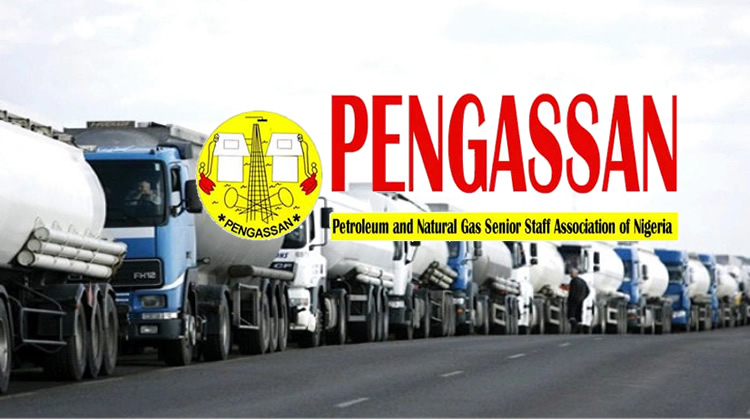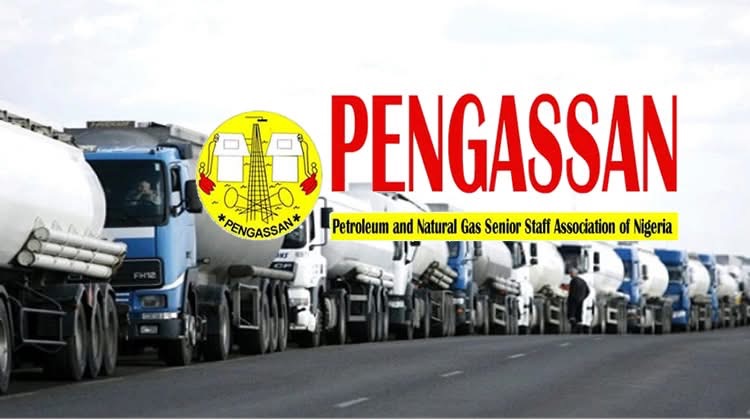Policy instability hurts oil investment – PENGASSAN
Investment
By Joan Nwagwu
The Petroleum and Natural Gas Senior Staff Association of Nigeria (PENGASSAN) has cautioned that ongoing policy instability is discouraging investment in Nigeria’s oil and gas sector.
Mr Festus Osifo, President of PENGASSAN, raised the concern on Wednesday at the opening of the 4th Petroleum and Energy Advancement and Leadership Summit (PEALS 2025), held in Abuja.
The summit’s theme is “Building a Resilient Oil and Gas Sector in Nigeria.”
Osifo noted that frequent amendments to key laws, particularly the Petroleum Industry Act (PIA), had created uncertainty for investors.
“Amendments are inevitable but must not be haphazard or intermittent.
“Businesses need stable policies for long-term planning, job protection, and sustainable production,” he said.
While expressing concern about erratic legislative changes, he commended recent executive orders signed by President Bola Tinubu aimed at boosting oil production, advancing gas development, and streamlining contracting processes.
He described them as “steps in the right direction.”
On worker safety, Osifo emphasised that “no job is worth a life,” stressing the need for strong safety procedures, continuous training, and transparent reporting across both offshore and onshore facilities.
He referenced last 2024 helicopter crash near Bonny that claimed the lives of three PENGASSAN members.
Turning to environmental concerns, he called for an immediate end to gas flaring, cleanup of polluted areas, and stricter accountability for oil operators.
He stressed that Nigeria must protect its land, rivers, and air.
“Environmental, Social, and Governance (ESG) standards are now critical for global competitiveness. Sustainability reporting must sit alongside financial statements,” Osifo added.
The PENGASSAN President said the summit would explore pathways to sustaining production recovery, curbing pipeline vandalism, resolving contract delays, developing marginal fields, and bridging funding gaps.
He also pledged the union’s continued commitment to members’ welfare, including leadership development, health programmes, wealth creation, and estate planning.
In his remarks, Group CEO of NNPC Ltd, Mr Bayo Ojulari, lauded PENGASSAN’s leadership and described PEALS as a strategic platform aligning labour, industry, and government to shape Nigeria’s energy future.
He reaffirmed NNPC’s focus on innovation, collaboration, and safety, noting that partnerships with unions and regulators were essential to building a globally competitive oil and gas sector.
Minister of Labour and Employment, Muhammad Dingyadi, also addressed the summit, urging Nigeria to lead, not just follow, in the global shift toward cleaner energy and ethical industry practices.
“Resilience in oil and gas is not only about infrastructure or investment, but about people, labour policy, and empowering the workforce,” Dingyadi said.
He reiterated the ministry’s commitment to tripartite dialogue, decent work, skills development, and fair wages.
He further emphasised that health and safety must be “non-negotiable pillars” of a resilient energy system and urged companies to prioritise ESG compliance.
He called on unions to pursue constructive engagement and on government agencies to streamline regulations that balanced labour welfare with investor confidence. (NAN)(www.nannews.ng)
Edited by Abiemwense Moru





